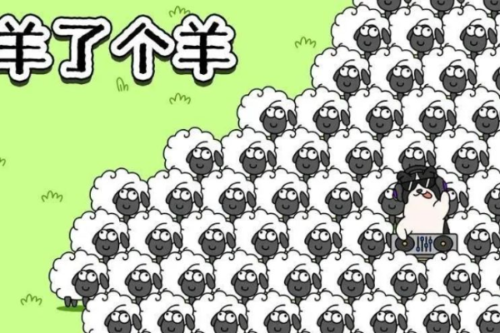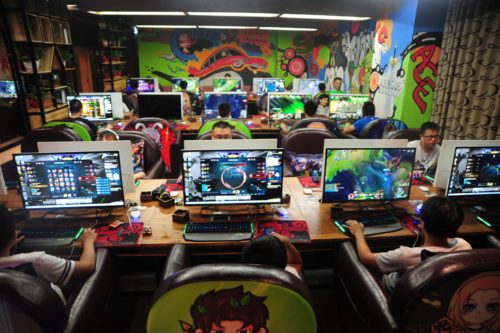Why Chinese youth are obsessing over a traveling frog in the mobile game Tabi Kaeru
Why Chinese youth are obsessing over a traveling frog in the mobile game Tabi Kaeru

The No. 1 most downloaded free game from Apple’s App Store in China is a Japanese-produced simulation, in Japanese only, that makes users experience the anxiety and joy of child-rearing.
Through caring for a virtual green frog.
The mobile game Tabi Kaeru, otherwise known as Travel Frog, was developed by Hit-Point and released last fall (iTunes, Google Play), and it’s causing addicted players to obsessively check their phones, fretfully waiting for the green frog — which players are dubbing “son” on social media — to return home.
Even the People’s Daily has noticed. In its official account’s daily morning pep talk to its Weibo followers on Thursday, it stated, “Enrich yourself, don’t be a lonely ‘frog-raising youngster.’”
Similar to its predecessor, Neko Atsume: Kitty Collector, a 2014 mobile game that allows players to use food and toys to attract stray cats and interact with them, there are a very limited number of things a player can actually do in Travel Frog.
At the game’s outset, the player is assigned a frog — one that likes to go off on adventures across Japan, visiting tourist attractions and the like (as QooApp notes, “Tabikaeru in Japanese can have multiple meanings. The first half, Tabi, means travel and the second half, Kaeru, not only means return, but also frog”). The player needs to help him prep for each trip, buying food and traveling essentials such as sleeping tents, candles, and bags.
While away, the player-named frog will occasionally send postcards and souvenirs, just to make sure you know what he’s up to. But most of the time, you don’t hear from him. All you can do is wait. Patiently.
And worry.
“My frog hasn’t been home yet and I stayed awake all night waiting for him,” one player wrote (in Chinese) on Weibo. “I just received a postcard from him and it makes me happy to see he’s using the tent I bought him. I hope he can come home soon. His old mother is missing him.”
When the frog returns, he is an aloof introvert who only engages in solo activities, such as eating soup, reading books, and writing in his diary.
As soon as you have prepared his travel pack again, he immediately sets off on another journey.

Although the game is designed to require a minimum investment of time, attention, and energy, it has a number of young Chinese players emotionally hooked. When the frog is away for too long, they start to worry about whether they prepared enough food, or if the frog is sleeping well. When they see other players post pictures of their frogs happily traveling with companions (mice, squirrels, butterflies, etc.), they are concerned about their “son’s” ability to make friends. And when the frog lingers at home longer than usual, they are afraid that it has lost interest in exploring the outside world.
The main currency in this game is the clover, which one can collect in a small garden outside the house and spend it to buy a variety of goods. All for the frog’s sake, of course. Some players have become so invested in the game that they’ve purchased cheating plugins — with real money — that allows them to have an unlimited amount of clovers, all in order to ensure their son lives a life without want.
A WeChat blogger made a simple calculation that suggests it could cost up to $25.5 million to cover all the living and traveling expenses of such a frog in real life. The blogger didn’t calculate how much higher the amount would be for a human being.
“At first I was confident that I could be an open-minded parent who respects my kids and allows them enough freedom,” another blogger wrote (in Chinese) in a review of the game. “But very soon I realized that being a ‘perfect’ parent is not easy at all.”












